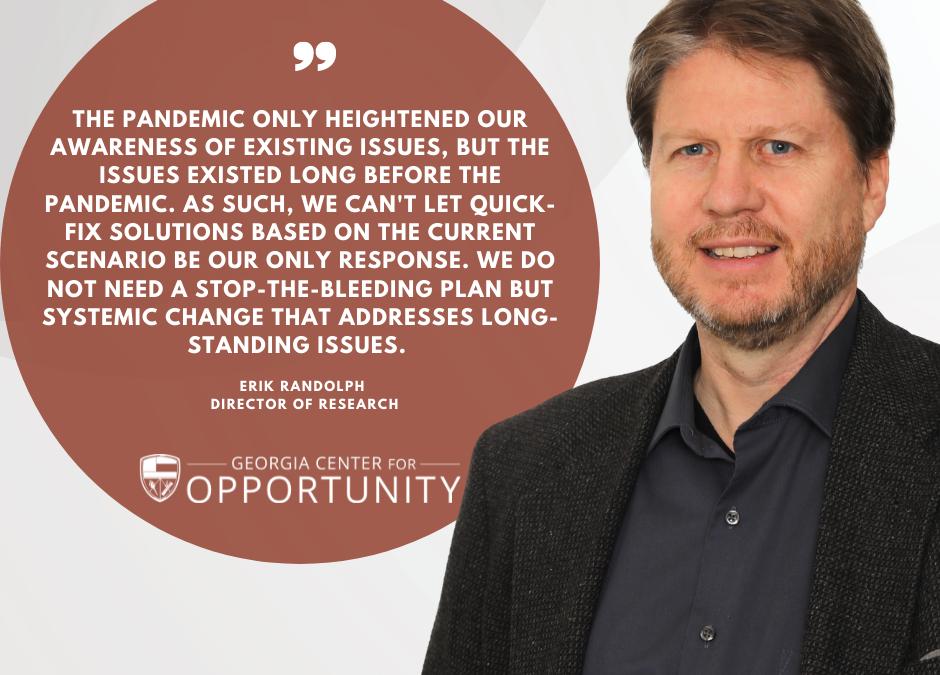Late on the evening of August 3rd, 2021, the Centers for Disease Control announced it was extending its eviction moratorium for people in an area of “substantial and high transmission” of the COVID-19 virus. This was followed up by the astounding statement by President Biden that he suspected any attempt to extend the moratorium would be legally doomed even as his administration celebrated the CDC action. Nevertheless, government attorneys argued this was not an extension but rather a new order that would not be set aside by the courts.
The Supreme Court recently ruled the original policy illegal, but allowed the original deadline of July 31st to stand to give Congress a chance to act prior to the expiration of the order, if it chose to do so. In keeping with the dysfunction we’ve seen in Congress, no legislation was passed, the moratorium expired, and the House of Representatives left town.
Setting aside the legal questions surrounding the CDC’s eviction moratorium, many people across the nation are facing eviction now and will be again in 60 days when the moratorium expires. The Household Pulse Survey indicates 52,167 Georgians say they are very likely to be evicted and 155,302 say they are somewhat likely. These renters are overwhelmingly African-American and many of these families have children. Should all or most of these folks be evicted, it would be an unimaginable tragedy.
Despite $46.6 billion in federal emergency rental assistance passed into law last December and March, relatively little money has made it into the hands of people who need it. According to a press release from the U.S. Treasury, nationally only $1.5 billion was delivered to eligible households in June, which exceeded the amount delivered “for all three previous reporting periods combined.” That’s a paltry 3.2% of the funds distributed in six months.
The situation in Georgia is not much better, according to the Atlanta Journal-Constitution:“As of July 20, only about 6% of the $710 million that Georgia and select local governments received in federal aid had gone to households at risk of eviction or behind on rent.”
The U.S. Treasury is relying on state and local housing assistance agencies to reach the people in need. According to a count by the National Low Income Housing Coalition, there are 484 state and local programs charged with determining eligibility and dispensing the benefits nationwide.
The Treasury fanned out responsibility to counties and cities with populations over 200,000 plus state governments. Each governmental unit set up their own system for administering the program funds, which can be by the state agencies or county governments themselves, or through public housing authorities or non-profits charitable organizations.
In Georgia, for example, responsibility fell to 13 governmental units: Atlanta City, Augusta-Richmond County Consolidated Government, Chatham County, Cherokee County, Clayton County, Cobb County, DeKalb County, Forsyth County, Fulton County, Gwinnett County, Hall County, Henry County, and the State Department of Community Affairs.
These governmental units structured their responses differently, creating new administrative structures or funneling the money through non-profits that were quickly overwhelmed. Many people report complicated paperwork and some landlords have refused to take partial payments on back due rent.
It appears unlikely the situation for tenants will improve much before the extended eviction moratorium expires in 60 days. And we haven’t touched on the millions of small landlords who are behind on mortgage payments, taxes, and other liabilities. Sadly, this situation has the markings of a slow-moving economic and humanitarian disaster.














